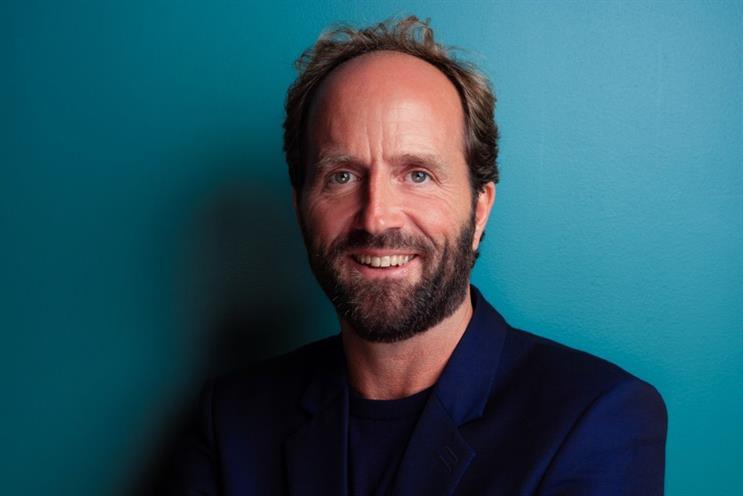Byron Sharp’s views on the marketing industry are “from another century”, David Jones, founder and chief executive of "brandtech" group You & Mr Jones, said.
“Technology has disrupted marketing beyond recognition over the last decade. But it appears Byron Sharp has remained stuck back in 2010,” Jones, a former global chief executive of Havas, added.
Jones was criticising comments that Sharp made in a recent interview with Campaign to celebrate the 10-year anniversary of his seminal book How Brands Grow.
Sharp, professor of marketing science and director at the University of South Australia's Ehrenberg-Bass Institute for Marketing Science, told Campaign that nothing had fundamentally changed since his book was published in 2010.
He said marketers were too easily distracted by the day-to-day and missed big trends. He likened his thesis to Isaac Newton’s laws of gravity, saying they were scientific principles that do not change. And Sharp claimed that the media landscape had become simpler since his book launched, because it had been subject to huge consolidation.
Jones runs You & Mr Jones, the fast-growing technology group that owns companies including Blood, Gravity Road and Oliver. He launched the business in 2015 and it is now valued at $1.3bn (£1bn). Jones was also a founding member of Facebook’s client council.
He vehemently disagreed with Sharp’s take on the digital landscape.
For a start, he took issue with Sharp’s point that the internet was already a mature medium in 2010 and that nothing has fundamentally changed about the digital marketing landscape.
Jones said: “In 2009, Facebook’s revenue was $750 million. And none of that – zero – was in mobile. Last year, in 2019, Facebook’s revenue was $70 billion, of which 94% was mobile.
"I remember Mark Zuckerberg coming into a Facebook client council meeting early in 2012 and saying: 'We missed mobile.' But, as you can see, he caught up pretty quickly. Byron appears to have missed the last decade and the mobile revolution."
Next, Jones responded to Sharp’s warning to people to “check the real numbers” when it comes to the exponential growth of ecommerce.
Jones said: “I think we all did check the real numbers. Ecommerce as a percentage of total US retail sales went from 5.6% to 16% between 2009 and 2019, and then to 27% in the eight weeks running up to April 2020 (according to US Department of Commerce and Bank of America numbers).
"That’s more growth in three months than in the previous decade and probably justifies the hype. Another proof point might be Amazon’s $1 trillion market cap.”
And, finally, he criticised Sharp’s point that the media world has actually got simpler.
“I’m not sure you could find anyone who works in marketing today who thinks this is true,” Jones argued.
“Gartner has said that the biggest bottleneck in marketing this decade will be content. Why? Because of the incredible number of different channels brands now need to create content for. The media world has become dramatically more complex.
"As [president of the Advertising Association] Keith Weed said in Ken Auletta’s book Frenemies: 'There has been more change in the last five years than in the last 25 years. The complexity of choice is brilliant, but equally challenging.'"
Jones concluded: “I’m pretty sure Byron knows all of this and is deliberately playing to his base – scared traditional clients who want to hear that it's still all about TV and mass marketing, and that they don't need digital transformation. They do. And Covid-19 has further accelerated digital transformation.
"His comments look like they belong to another century. It’s almost as if he’s taken a leaf out of the populist political movement and applied it to marketing. The populist political movement is dangerous for the world. The populist marketing movement is dangerous for brands that want to survive.
"In summary and to paraphrase Blackadder, I agreed with everything in Byron’s article, with one exception – the words.”
Sharp responds
However, Sharp hit back at Jones' suggestion that he focuses on traditional media by pointing out that Facebook and Google are sponsors of the Ehrenberg-Bass Institute.
He told Campaign: “How Brands Grow is about fundamental laws; it doesn't discuss media tactics. The book was immediately popular amongst digital agencies, who I credit with considerable imagination in realising how the principles apply to their work.”
Sharp added: “Didn’t I say something in the article like ‘beware of charlatans who claim everything has changed’? This guy [Jones] appears to make his money from selling such stuff."

